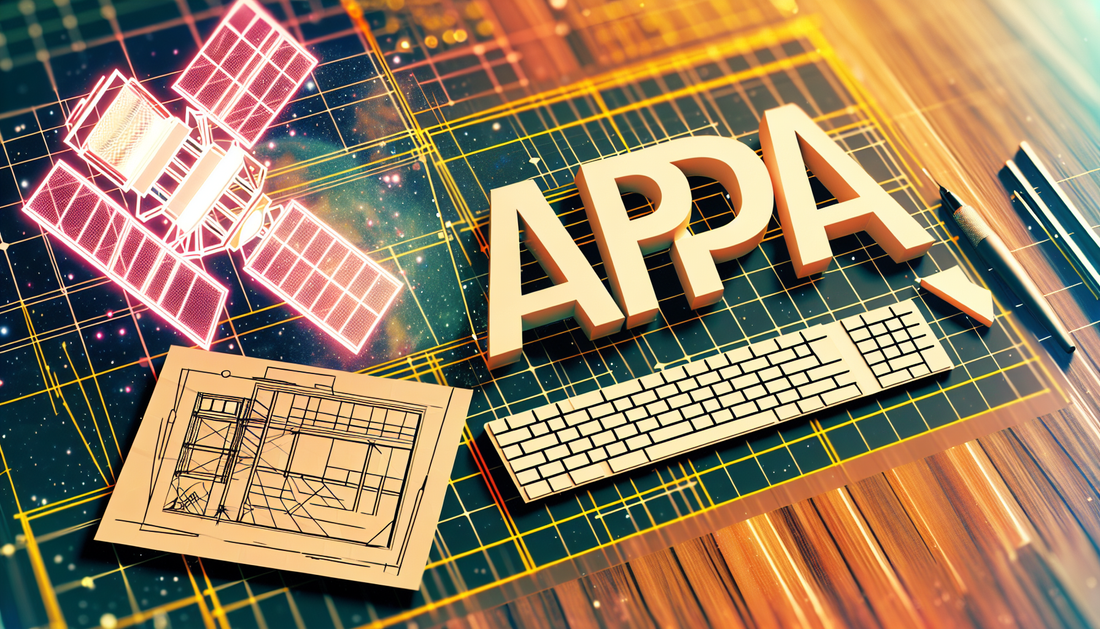
ARPA Unleashed: Secure Computation in Blockchain
Share
Exploring ARPA: Use Cases of Secure Computation in Blockchain
ARPA, a blockchain protocol centered on secure computation, has positioned itself as a key player in enabling privacy-preserving solutions in decentralized ecosystems. At its core, the ARPA network leverages Multi-Party Computation (MPC) technology to process sensitive data without exposing it. Its unique capabilities have unlocked a range of use cases across various industries.
1. Secure Data Collaboration
Companies often face challenges when required to collaborate on data while maintaining privacy. ARPA enables secure data collaboration by allowing multiple parties to perform analytics or computations on collective datasets without exposing individual data. Industries like healthcare and finance use ARPA to share insights from sensitive information (such as medical records or financial data) while ensuring underlying data remains private.
2. Privacy-Preserving Machine Learning
The growing adoption of machine learning has heightened the need for algorithms that safeguard data privacy. ARPA facilitates privacy-preserving machine learning models where companies can train AI algorithms on federated data without accessing raw user information. This use case is significant for advancing AI in sectors like autonomous driving, healthcare, and personalized advertising, where secure data handling is non-negotiable.
3. Anti-Fraud Systems
Fraud detection and prevention are critical challenges for financial institutions. Through ARPA, organizations can deploy secure computations to cross-check transactions, credit scores, or fraud indicators across multiple data sources in a decentralized and confidential manner. This ensures efficient fraud detection while avoiding data breaches or misuse.
4. Secure Wallet Computation
Wallet providers can incorporate ARPA's privacy technology to secure wallet interactions. For example, address matching or analysis can take place without revealing sensitive information, thus enhancing wallet security and user trust in decentralized finance (DeFi) ecosystems. This becomes particularly relevant as the DeFi sector seeks to expand its user base while minimizing vulnerabilities.
5. Advertising and Marketing Attribution
In the advertising world, data privacy regulations have created roadblocks to effective audience targeting and attribution. ARPA enables secure attribution models, where marketers can analyze customer behavior and ad performance without infringing on user privacy. This approach aligns advertising strategies with compliance frameworks like GDPR while maintaining efficacy.
6. Random Number Generation for Smart Contracts
Many blockchain protocols rely on random number generation (RNG) for purposes ranging from lottery systems to governance voting. ARPA's technology provides verifiable and secure RNG, ensuring transparency and fairness in decentralized applications while maintaining the integrity of the process.
Connecting to Broader Blockchain Applications
While ARPA's specific focus lies in secure computation, its applications complement other innovations in the blockchain space. For example, solutions like on-chain privacy solutions can tie directly into ARPA's overarching goals of privacy and interoperability.
